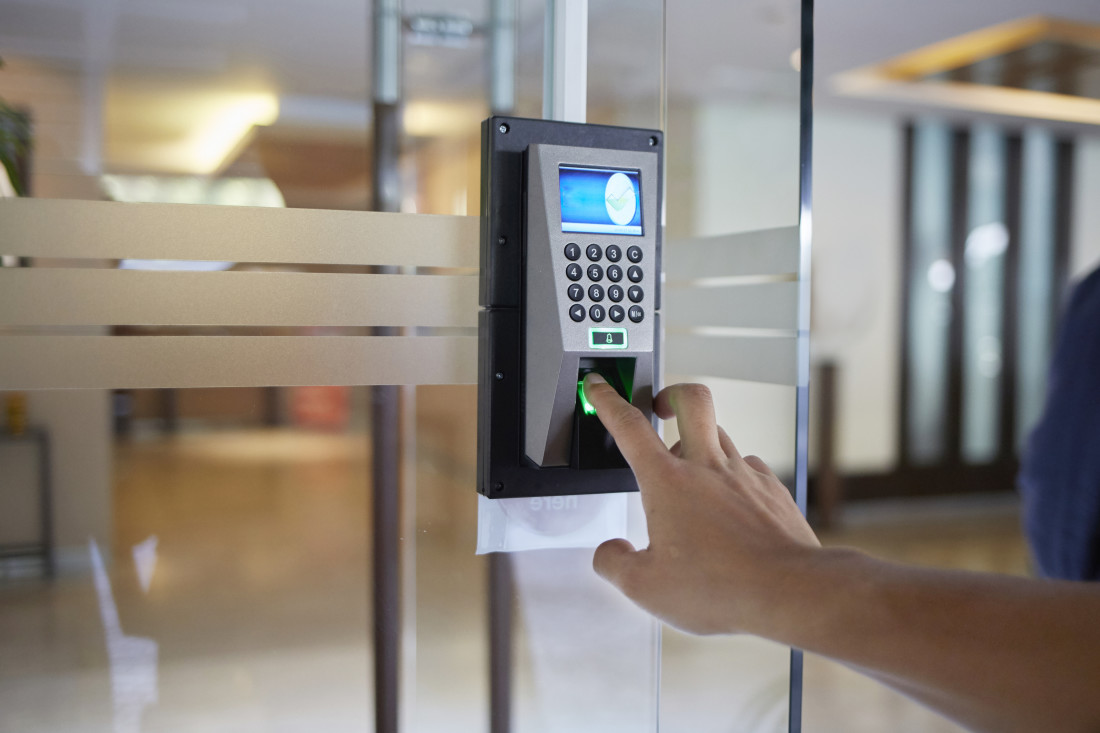Legal Disclaimer and Privacy Policy
Segal McCambridge Singer & Mahoney, Ltd. (“Segal McCambridge,” “we,” “our,” or “us”) maintains this website to provide general information about our firm. Your use of this site, and any material presented on it, is subject to the following terms and conditions. By accessing the site, you agree to be bound by these terms.
- No Legal Services, Attorney-Client Relationship, or Confidentiality
The information provided on this website is for informational purposes only and does not constitute legal advice. You should not rely on this site or any of its content as a substitute for obtaining legal advice from qualified counsel. Accessing this site or contacting the firm through it does not create an attorney-client relationship between you and Segal McCambridge. Do not send confidential or sensitive information to us through this site unless and until you have spoken with a Segal McCambridge attorney and received authorization to do so.
- Copyright and Limited License
Unless otherwise indicated, all materials on this site are copyrighted by Segal McCambridge. You are permitted to view, download, and print documents solely for personal, noncommercial, and informational use, provided that:
- The documents are not modified in any way, and
- The following notice appears on all copies: “© [Year] Segal McCambridge Singer & Mahoney, Ltd. All rights reserved.”
Any other reproduction, distribution, or modification requires our prior written permission.
- No Warranty; Limitation of Liability
This site and its contents are provided “as is” without warranties of any kind, either express or implied, including but not limited to warranties of merchantability, fitness for a particular purpose, or non-infringement. Segal McCambridge may update, change, or remove content at any time without notice. Your use of this site is at your own risk. Neither the firm nor any party involved in creating or presenting the site will be liable for any damages of any kind arising from your use of or inability to use this website.
- Third-Party Links
This website may contain links to external websites. Segal McCambridge does not endorse or control the content of third-party sites and is not responsible for any damages or losses that may result from accessing or using such sites.
- Information We Collect
When you visit our site, we may automatically collect certain technical information, such as your IP address, browser type, operating system, and browsing behavior. If you voluntarily provide information to us through a contact form or email link, we will collect that information as well.
- How We Use Information
We use the information collected from visitors to:
- Respond to inquiries and requests,
- Improve the functionality and content of our site, and
- Comply with legal and regulatory obligations.
We do not sell or rent your personal information to third parties.
- Cookies and Tracking
Our website may use cookies or similar technologies to enhance user experience and analyze site usage. You may disable cookies through your browser settings, though some features of the site may not function properly if cookies are disabled.
- Data Security
We employ reasonable security measures to protect information transmitted through this site. However, no method of transmission or storage is completely secure, and we cannot guarantee absolute security.
- Policy Updates
Segal McCambridge may revise this Legal Disclaimer and Privacy Policy at any time without prior notice. Your continued use of the site after changes are posted constitutes acceptance of those changes.
- Supplemental Information for California Residents
This section supplements the information contained in our Privacy Policy and applies only to visitors, users, and others who reside in California. It is provided in accordance with the California Consumer Privacy Act of 2018 (“CCPA”).
Information We Collect
Segal McCambridge does not automatically collect personally identifiable information when you visit our Website. By default, the only information captured is limited to technical data such as your IP address and certain system characteristics of the device used to access the site. We do not sell this information or share it with third parties.
Personal information is collected only if you voluntarily provide it—such as by submitting a contact form, subscribing to firm updates, or otherwise choosing to share information with us.
Your Rights Under CCPA
California residents have specific rights regarding their personal information. These include:
- Right to Know: You may request details about the categories of personal information we have collected, the sources from which it was obtained, the business purpose for the collection, and specific pieces of information we hold about you.
- Right to Data Portability: Upon a verified request, we will provide a copy of your personal information in a portable format.
- Right to Deletion: You may request that we delete personal information we have collected from you, subject to certain legal exceptions.
IP addresses captured by our systems are retained in log files only for purposes of security, troubleshooting, and auditing. They are not stored in a format that can be readily linked to an individual, and we do not maintain a database of identifiable website visitor information beyond what is voluntarily provided by users.
Non-Discrimination
Segal McCambridge will not discriminate against you for exercising your CCPA rights. Specifically, we will not:
- Deny you services,
- Charge different prices or rates,
- Provide a different level or quality of services, or
- Suggest that you may receive different treatment if you exercise your rights.
Shine the Light Disclosure
Under California’s “Shine the Light” law (Civil Code Section § 1798.83), California residents may request information about how we share personal data with third parties for direct marketing purposes. Requests may be submitted in accordance with the Contact Information section of this Privacy Policy.
- Contact Information
If you have questions about this Legal Disclaimer and Privacy Policy, please contact:
Jason P. Eckerly, Managing Shareholder
Segal McCambridge Singer & Mahoney, Ltd.
233 S. Wacker Drive, Suite 5500
Chicago, IL 60606
Email: info@smsm.com
Phone: 312.645.7800



